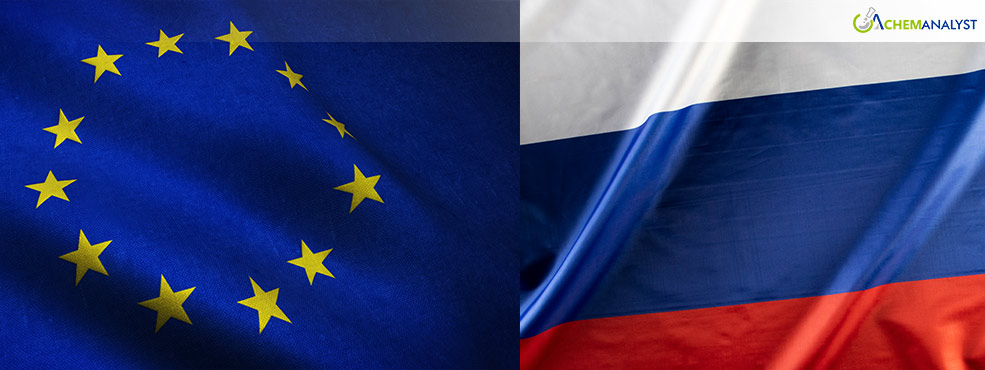Welcome To ChemAnalyst

Key Takeaways:
• The European Union aims to completely sever its energy ties with Russia by 2027.
• The plan focuses on phasing out Russian LNG, oil, and nuclear fuel imports.
• This decision is driven by the ongoing war in Ukraine and the desire to reduce geopolitical dependence on Russia.
• Several EU member states, particularly Hungary and Slovakia, rely heavily on Russian energy, making it difficult to implement the plan.
• The EU is working to diversify its energy sources, including increasing imports from the United States and investing in renewable energy.
The European Union is set to take bold steps to cut its energy dependence on Russia, as Dan Jørgensen, the newly appointed European Commissioner for Energy, announced plans to sever all energy ties with Moscow. This ambitious strategy focuses on phasing out Russian supplies of liquefied natural gas (LNG), oil, and nuclear fuel. The EU has already made significant progress in reducing its reliance on Russian energy; however, Jørgensen's plan aims to eliminate the remaining ties by 2027, with a crucial milestone set for mid-March 2025.
In an era of rising geopolitical tensions and the ongoing war in Ukraine, the EU has increasingly become aware of the risks of its dependence on Russian energy supplies. Despite efforts to diversify sources, several EU member states still import significant amounts of Russian LNG. Countries like Hungary, the Czech Republic, Slovakia, Bulgaria, and Finland continue to rely on Russian nuclear fuel, creating a complex challenge for the EU to sever all energy ties with Russia.
The EU has already banned seaborne coal and oil exports from Russia, and it has successfully reduced its reliance on Russian pipeline gas by approximately two-thirds. Jørgensen’s proposed plan to wean the EU off Russian energy will address the remaining lingering reliance, focusing on natural gas as a priority. The plan also aims to tackle oil and nuclear fuel imports, which remain critical for certain countries in the EU.
“Ending our energy ties with Russia is an essential step to ensure our energy security and reduce geopolitical risks,” said Jørgensen, drawing on his experience as Denmark’s former climate minister. “The EU must accelerate its transition to alternative energy sources and achieve full energy independence from Russia.”
The plan has already gained significant political backing from several EU capitals. Ten member states have called for targeted sanctions on Russia’s nuclear and LNG sectors, further increasing pressure on the Kremlin. The EU’s 14th sanctions package, which includes a ban on trans-shipping Russian LNG at EU ports, is a step toward strengthening the bloc’s efforts to decouple its energy dependence from Russia.
However, the plan faces significant challenges. While some countries, such as Poland and the Baltic states, have strongly advocated for cutting ties with Russia, others, including Hungary and Slovakia, have resisted tighter energy restrictions due to their heavy reliance on Russian energy. These countries argue that cutting off Russian supplies could lead to higher energy prices and disrupt their economies.
The expiration of the Russian gas transit agreement through Ukraine at the end of December 2024 adds another layer of urgency to the EU’s energy strategy. The agreement has long been a critical route for Russian gas flowing into Europe, and its expiration could significantly impact energy supplies to several EU nations. Jørgensen has already signaled that the EU must be prepared for the potential end of this agreement, with alternative energy sources becoming even more crucial.
We use cookies to deliver the best possible experience on our website. To learn more, visit our Privacy Policy. By continuing to use this site or by closing this box, you consent to our use of cookies. More info.
